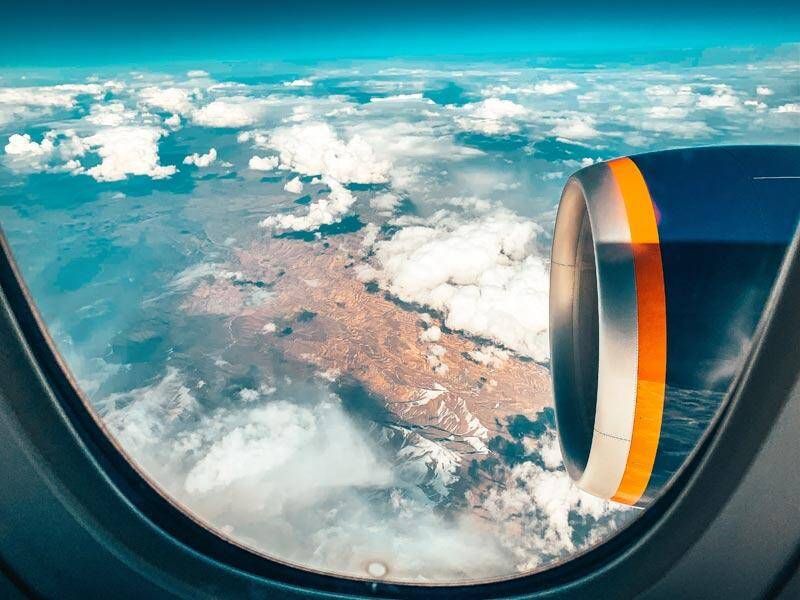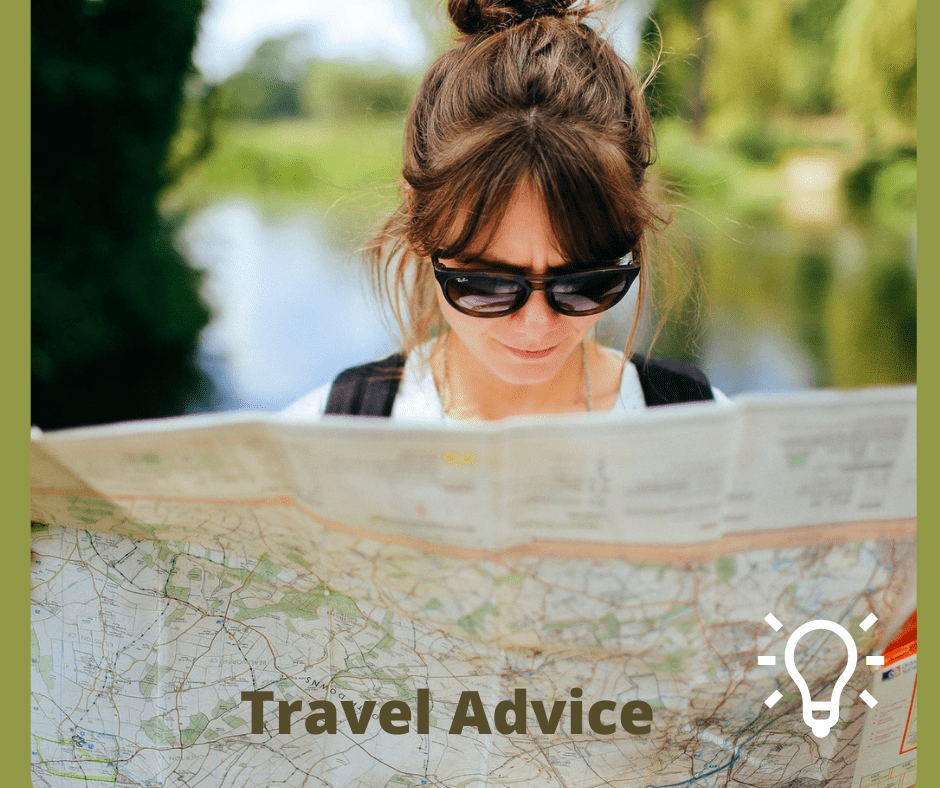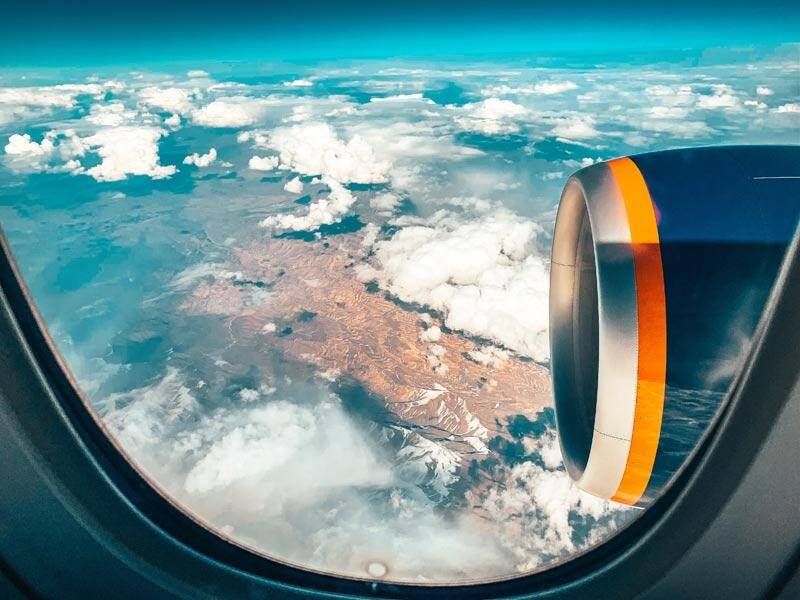August 1, 2021: Information on entry restrictions, testing and quarantine regulations in Slovenia
Unified conditions of entry for passengers
A person may enter Slovenia without being required to quarantine at home if they present:
- a negative PCR test for COVID-19that is not older than 72 hours according to the date of the swab taken.
The PCR test is adequate if it is performed in the Member States of the European Union, the Member States of the Schengen area, Australia, Bosnia and Herzegovina, Israel, Canada, New Zealand, Russia, Serbia, the United Kingdom of Great Britain and Northern Ireland or the United States of America, and also at check points on air links for international air transport if it is performed in Turkey.
- a negative RAT test result not older than 48 hours from the time the swab was taken
The RAT test is adequate if it is performed in the Member States of the European Union, the Member States of the Schengen area, Australia, Bosnia and Herzegovina, Israel, Canada, New Zealand, Russia, Serbia, the United Kingdom of Great Britain and Northern Ireland or the United States of America, and also at check points on air links for international air transport if it is performed in Turkey, and is listed in the common list of rapid antigen tests published. The HAG tests of all the manufacturers on the list are adequate, regardless of whether they are marked yellow or white.
List of HAG tests
A certificate of recovery is accepted if issued in an EU member state, a Schengen Area country, Australia, Israel, Canada, New Zealand, Russia, Serbia, the United Kingdom of Great Britain and Northern Ireland or the United States of America, at check points on flight connections of international air transport, or in Turkey;
- a certificate of vaccination against COVID-19, which proves that:
- at least seven days have passed since the second dose of the Comirnaty vaccine by Biontech/Pfizer,
- at least 14 days have passed since the second dose of the COVID-19 Vaccine by Moderna,
- at least 21 days have passed since the first dose of the Vaxzevria (COVID-19 Vaccine) by AstraZeneca,
- at least 14 days have passed since the first dose of the COVID-19 Vaccine Janssen by Johnson & Johnson/Janssen-Cilag,
- at least 21 days have passed since the first dose of the Covishield vaccine by Serum Institute of India/AstraZeneca,
- at least 14 days have passed since the second dose of the Sputnik V vaccine by Russia’s Gamaleya National Centre of Epidemiology and Microbiology,
- at least 14 days have passed since the second dose of the CoronaVac vaccine by Sinovac Biotech, or
- at least 14 days have passed since the second dose of the COVID-19 Vaccine by Sinopharm
A new rule has been added for people who receive vaccine from two different manufacturers. If a person is vaccinated with a combination of two different vaccines, protection is achieved after a certain period has passed after the person has received the second dose of vaccine; this period depends on the type of vaccine for the second dose. If a person receives the vaccine referred to in the third or fifth indent (the vaccine by AstraZeneca) as their first dose and the vaccine referred to in the first indent (the vaccine by BioNTech/Pfizer) or the second indent (the vaccine by Moderna) as their second dose, protection is achieved immediately after they receive the second dose if they get the second dose within four to twelve weeks of the first dose.
- a certificate of vaccination for persons who have recovered from COVID-19(a certificate of recovery and proof that the person has been vaccinated with one dose of a vaccine referred to in the preceding point within a maximum period of eight months since a positive PCR test result or the onset of symptoms).
Proof of vaccination may be: a filled-in card of the vaccine producer, an entry in a vaccine booklet or a certificate of vaccination (including a card issued upon vaccination).
- an EU Digital COVID Certificatein digital or paper form, bearing a QR code that contains data on a negative PCR or rapid antigen test result, a certificate of vaccination, a certificate of recovery or a certificate of vaccination for recovered persons,
- a digital COVID certificate of third countriesin digital or paper form, bearing a QR code that contains the same data as the European Digital COVID Certificate and is issued in English by the competent health authority of the third country
A 10-DAY QUARANTINE
If none of the documents can be submitted, a 10-day quarantine is required. A person ordered to quarantine at home upon entering Slovenia may end quarantine early by producing a negative PCR test for the presence of SARS-CoV-2. Testing may only be performed from the fifth day of home quarantine.
A foreigner who is not a resident of Slovenia will be allowed to enter Slovenia and ordered to undergo a 10-day quarantine only if they can prove beyond any doubt that they have a guaranteed place to quarantine. Otherwise, they are denied entry. It is not possible to quarantine in tourist accommodations.
For detailed information, visit the official website of the Government of the Republic of Slovenia dedicated to current information related to crossing of borders.
Visit website
1.2. Exceptions to the quarantine and the negative test result
Persons allowed entry into Slovenia without being ordered to quarantine at home and without providing a negative test result are:
- people transiting through Sloveniaand leaving within 12 hours of entry (applicable up to and including 15 August 2021);
- children under the age of 15who cross the border together with a close family member who has not been put under home quarantine or has not been refused entry to Slovenia, or in an organised group escorted by a teacher or guardian who has not been ordered to quarantine at home or has not been denied entry to the Republic of Slovenia,
- persons who own or lease landin the border area or on both sides of the state border and cross the state border with a neighbouring country for the purpose of carrying out agricultural and forestry work and return to Slovenia within 10 hours of crossing the border. This exception also applies to close family members and other people with a registered residence at the same address when travelling together.
- a cross-border workerworking in a Member State of the European Union or in the Schengen Area who returns from work no later than five days after crossing the border and lives no more than 10km of air line from the common border line between the Republic of Slovenia and the neighbouring country.
A person claiming any of the exceptions listed above must provide the police with evidence of the existence of these exceptions, otherwise they will be sent to quarantine at home.
For detailed information, visit the official website of the Government of the Republic of Slovenia dedicated to current information related to crossing of borders.
Visit website
1.3. Entry into Slovenia for non-essential travel
Non-essential travel, including for tourism, is possible for the following persons:
- all persons residing in the EU member statesand the Schengen area who provide proof that they fulfil one of the general requirements for entry into the Republic of Slovenia (a negative test, a certificate of recovery, a certificate of vaccination);
- persons resident in third countries or areas: Albania, Armenia, Australia, Azerbaijan, Bosnia and Herzegovina, Brunei, Canada, Israel, Japan, Jordan, Lebanon, Montenegro, New Zealand, Qatar, Kosovo, Moldova, North Macedonia, Saudi Arabia, Serbia, Singapore, South Korea, Ukraine, United States, Hong Kong (Special Administrative Region of the People’s Republic of China), Macau (Special Administrative Region of the People’s Republic of China), Taiwan;
- citizens of countries who do not need a visa to enter Sloveniaif, upon entry, they present a vaccination certificate or proof that they have recovered from COVID-19 in the past six months, together with proof that they have received at least one dose of vaccine that is valid within the EU.
The police can deny entry into the Republic of Slovenia to persons who, upon entry, do not provide at least one of the required documents.
Note: The recovered-vaccinated-tested requirements apply to passengers of all countries who use tourist accommodation, use indoor restaurant services, visit cultural institutions, etc. R – recovered, V – vaccinated, T – tested T – tested (PCR not older than 72 hours or RAT not older than 48 hours).
We recommend that, before travelling, you check travel advice on the official website of the country from which you are travelling.
For detailed information, visit the official website of the Government of the Republic of Slovenia dedicated to current information related to crossing of borders.
Visit website
Entry into Slovenia with a visa
Visas for non-essential travel can only be issued for the countries for which the Republic of Slovenia has lifted restrictions on non-essential travel based on EU recommendations. Regarding issuing visas, the resuming of visa operations will depend on the criteria and measures agreed between the EU Member States present in individual third countries with their representations. The decision on resuming visa operations without limitations will be published on the websites of the diplomatic missions and consular posts of EU Member States in the countries listed. Of these countries, Slovenian diplomatic missions carry out visa operations without limitations in Australia, Bulgaria, Bosnia and Herzegovina, Montenegro, Croatia, Israel, Kosovo, North Macedonia, Serbia, and the US. Countries that have yet to meet these criteria can issue visas only in urgent cases and only for essential travel. Visa representation is currently suspended for most third countries and may only be utilised in cases of essential travel.
Visit website
1.4. EU digital COVID certificate
The EU digital certificate will be introduced in Slovenia and other EU member states on 1 July 2021. The certificate will facilitate travel in the EU. National authorities issue the certificate free of charge; the certificate is available in digital or paper form and includes a QR code. A certificate is a digital proof that a person has either:
- been vaccinated against COVID-19,
- received a negative test result or
- recovered from COVID-19.
The certificate is not a precondition for free movement and is not considered a travel document.
More information on the EU digital COVID certificate
1.5. Call centre for information on the new coronavirus
As of 12 July, the call centre where you can obtain all the current information regarding the new coronavirus (health measures, border crossing, returning to Slovenia, support measures for the people and the economy and more) is operational again.
You can call the call centre free of charge at 080 1404 on workdays from Monday to Friday between 8:00 and 16:00. If you are calling from abroad, you can reach the call centre at +386 1 478 7550.
Travel announcement application “Enter Slovenia”
The Slovenian Police have developed a travel announcement application, “Enter Slovenia”, which provides help to users when entering our country, especially with regard to understanding the exceptions.
Depending on the purpose of their travel to Slovenia, a user may complete a form with their personal data. The data is not saved after the form is generated and is automatically deleted. The user may print out this form or save it on their mobile phone or a tablet and show it at a border control point or a control point within Slovenia.
Enter Slovenia web application
Exit from Slovenia
What you need to know about leaving Slovenia
See the key information about the conditions for entering individual countries from Slovenia. We are looking to provide you with updated information related to returning from Slovenia to individual countries, but we nevertheless recommend that you check current information and possible daily changes in the conditions to enter other countries on the official web pages of those countries.
Austria
Italy
Germany
Switzerland
Croatia
France
United Kingdom
The Netherlands
Belgium
Hungary
Test locations
Covid-19 testing locations for foreign tourists
Mass testing for foreign citizens using free of charge rapid antigen tests is not possible; they can be tested only if they pay for the test. See in which locations foreigners can obtain payable tests, and check whether it is necessary to make an appointment in advance and what is required for your swab to be taken.
Covid-19 testing locations for foreign tourists
Visiting accommodation, shops, restaurants, events, etc.
Explore Slovenia in a responsible manner
Are you unsure about what measures and guidelines are still in place in Slovenia after the end of the epidemic? Please follow the guidelines on movement in enclosed public spaces, outdoors, the opening hours of stores, tourist accommodation and the provision of services…
Visit website
Wellness
Both the providers and the guests of all services offered in remember to maintain a social distance and to disinfect your hands on your way in and out.
Sports and recreation
Sports activity and sports recreational activity can be performed individually or in a group without restrictions on the number of participants. The presence of spectators at events is no longer limited to the number of available seating units, nor is it mandatory to wear a face mask.
*R-recovered, V-vaccinated, T – tested (PCR not older than 72 hours or RAT not older than 48 hours)
*Everywhere, where the visit or entry requires the fulfilment of the RVT condition, the verification will be carried out at the entrance.
Public transport
Public transport permitted with adherence to measures
Public line transport can be carried out in a normal scope ; however, the recommendations of the National Institute of Public Health relating to wearing facial masks, disinfecting hands, and capacities and entering/exiting vehicles, need to be respected.
Safe travel by bus or train
Public passenger transport is performed under the regular schedule. Certain recommendations need to be respected when using buses and trains. Use public transport only if you are healthy or have no signs of respiratory infection.
The driver, train staff and passengers must wear protective face masks.
Disinfect your hands upon entry and it is recommended that you do the same upon exit.
Observe the appropriate 1.5-metre social distancing rule before entering and during the transfer by bus or train.
Try to minimise your physical contact with any surfaces on the bus or train during your ride.
Obey the rules of passenger movement – from entrance to exit doors, which are appropriately marked.
We recommend buying tickets at stations, ticket vending machines or online.
Air connections
Passenger air transport to international airports in Slovenia is carried out by observing the preventive measures in force at airports and in passenger transport.
Explore
Useful information on applications and links
Destination Tracker
Would you like to know which COVID-19 requirements apply and which measures are in place at the destination you intend to visit (in the future)? The United Nations World Tourism Organisation (UNWTO) and the International Air Transport Association (IATA) launched a free online tool, the Destination Tracker. This tool enables access to data on the conditions regarding COVID-19 (level of infection, positive tests, vaccinations), air regulations and measures applicable at the destination (health and safety requirements, transit through the country, regulations relating to the attractions and restaurants, etc.).
Learn about your travel destination on the Destination Tracker
Staying safe when travelling across Europe
Are you planning holidays in Europe and trying to obtain real-time information on the situation at borders, available means of transport, travel restrictions, public health and safety measures, and other practical information for travellers? For more information, please visit the web platform Re-open EU, which has been launched by the European Commission and is available on computers or as a mobile app, and travel safely across Europe.
Re-open EU web platform
Travel advice Slovenia
For more travel advise on other countries
Want to travel to Slovenia?






